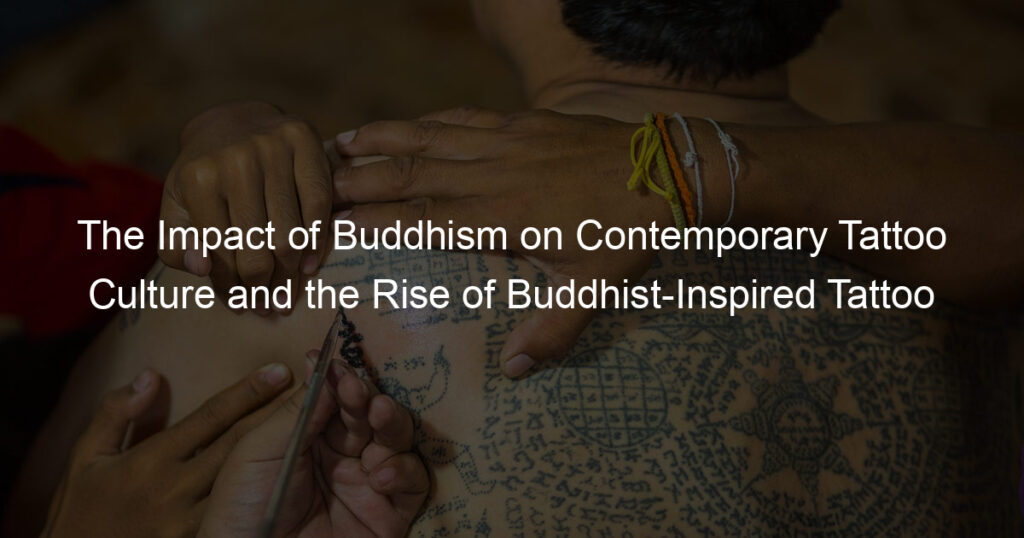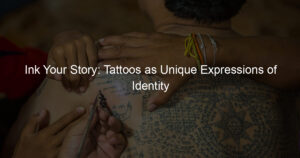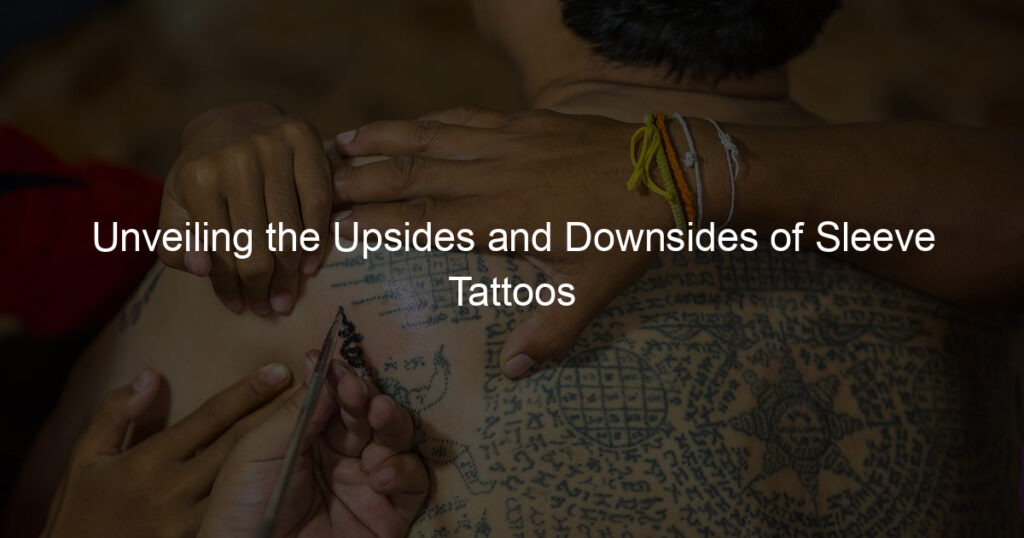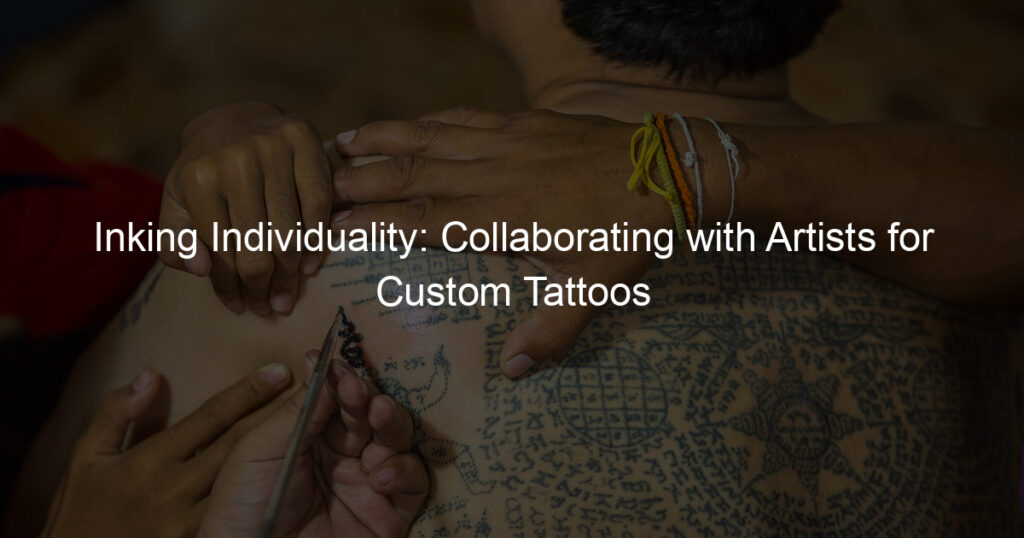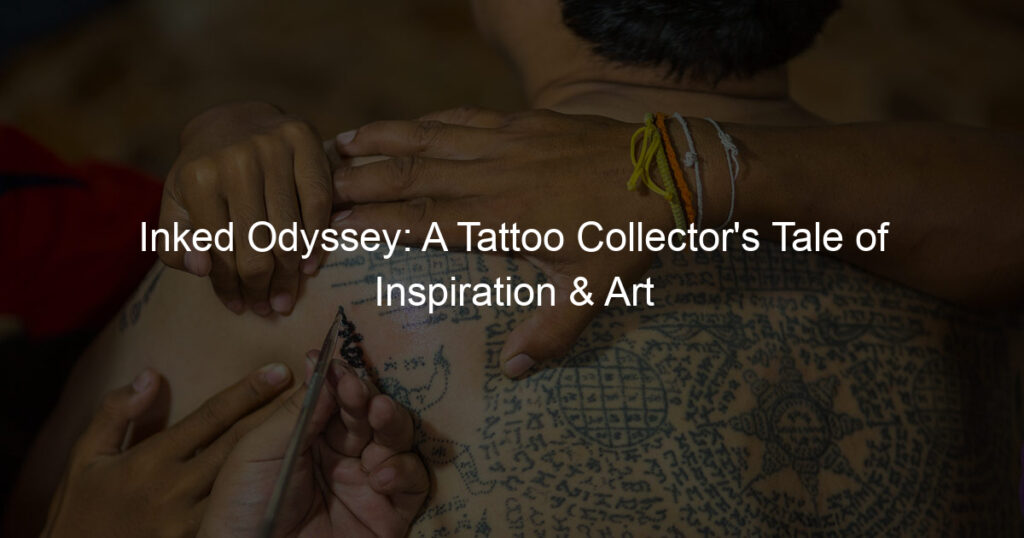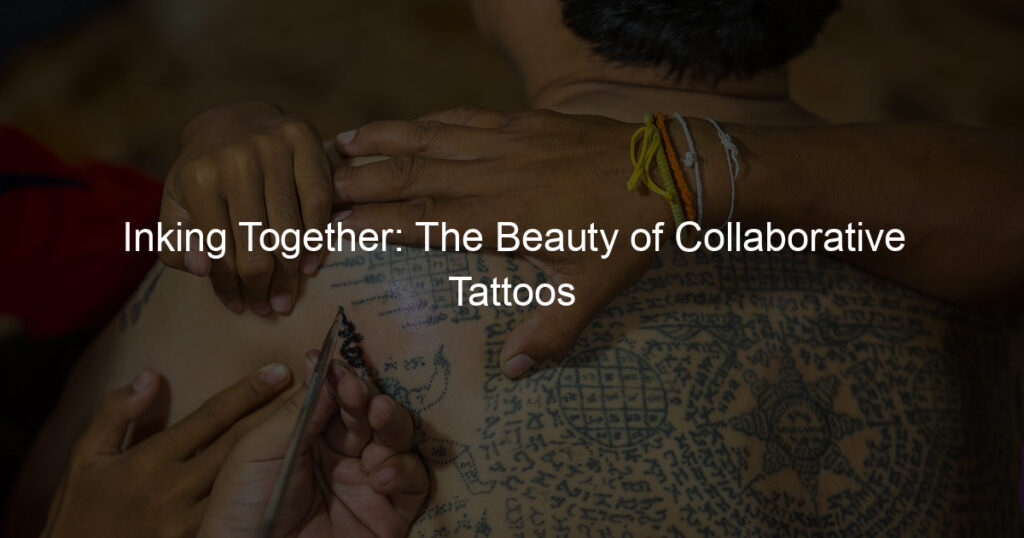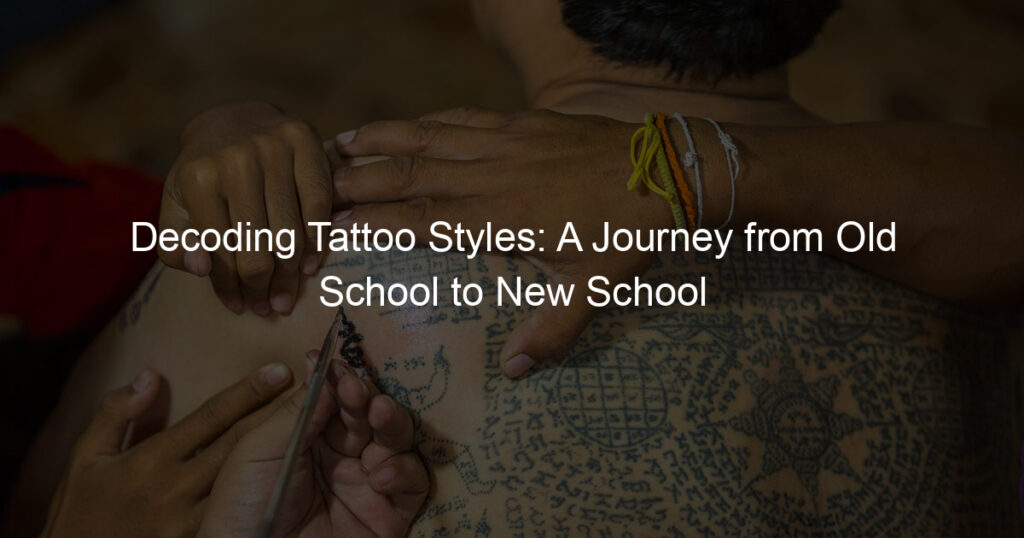Buddhism has had a significant impact on tattoo culture, and the rise of Buddhist-inspired tattoo design is evidence of this. Buddhism teaches that the body is a sacred vessel and that it should be respected and treated with care. This belief has led to an increased focus on the spiritual aspects of tattoos, as well as a greater appreciation for the skill and artistry involved in creating them.
Buddhist-inspired tattoos are often highly detailed and intricately designed, and they can be used to express a variety of different meanings. Whether you’re looking for a meaningful tattoo design or simply want something beautiful to adorn your body, Buddhist-inspired tattoos are worth considering.
What does Buddhism say about tattoos?
Buddhism is often thought of as a peaceful and traditional faith. As it turns out, however, Buddhism has some interesting points of view when it comes to tattoos. Generally speaking, Buddhist teachings focus on the belief that one should lead a mindful life and practice moderation and acceptance.
In terms of tattoos specifically, many Buddhists accept them depending on the individual’s faith journey; ultimately it comes down to intentions — if one gets a tattoo for spiritual guidance, rather than just for fashion purposes, then it may be more acceptable under the teachings of Buddhism.
Other popular Buddhist interpretations state that getting a tattoo for beautifying your body with symbols or art is not in line with their philosophy — instead, self-improvement should come “from within” through proper mindfulness practices. Ultimately, each person’s individual experience with Buddhism holds different perspectives when it comes to committing to a tattoo.
What is the Buddhist view on tattoos?
Buddhists have traditionally had negative attitudes toward tattoos, viewing them as incompatible with cultivating inner peace and equanimity. Buddhists may spend their time and energy instead of looking internally and developing spiritually, thereby seeking to awaken the natural wisdom that is present in everyone.
In this way, adherents of Buddhism eschew external identifiers such as tattoos in favor of a more holistic approach to religious practice and finding one’s path to enlightenment. Keeping with this idea of oneness and respect for the body, tattoos are seen as an unnecessary intrusion into an individual’s natural reality. As such, it is safe to say most devout Buddhists would rather avoid any body modifications like tattoos that can impede the journey toward enlightenment.
What does Buddha’s tattoo design mean?
Buddha tattoo designs can hold a variety of different meanings for the bearer, depending on their spiritual journey and the design they choose. They generally symbolize inner peace, tranquility, enlightenment, or mindfulness. Some believe that having a Buddha tattoo bestows blessings upon the wearer, encouraging balance and goodwill toward others.
For many people, getting a Buddha-inspired tattoo is a way to always remember that peace and harmony can be achieved through understanding and practicing yogic principles such as meditation, acceptance, and kindness. Regardless of your spiritual journey, having a Buddha tattoo can serve as a reminder to stay grounded in moments of chaos or distress.
What are the meaning and significance of tattoos in our modern time?
In modern times, tattoos have become a popular way of expressing one’s individuality, with the endless designs available allowing people to explore their style and tell a story. The purpose of body art goes beyond aesthetic appeal; it is a meaningful form of communication. For some, tattoos can serve as a motivation to stay positive and live life on their terms.
Tattoos can also be a tribute to loved ones that have passed, providing wearers with comfort during difficult times. Equally, they have become more acceptable in society and even seen as “cool” by many. With our ever-growing power over self-expression through technology, tattoos remain one of the few permanent ways to show off your passions or values – an important concept in today’s society.
What is the significance of the tattoo in their culture?
Tattoos have been around for centuries and are closely linked with cultures all over the world, especially in recent years. For some cultures, tattoos hold special significance — they can represent a rite of passage or even a mark of status. In some societies, they’re also seen as a form of self-expression.
But no matter its purpose, getting a tattoo can be an exciting experience that gives the bearer a sense of pride and belonging. Tattoos play an important role in their society by connecting people to the stories of their ancestors and helping them honor the traditions that make up their culture to this day.
Conclusion: The Impact of Buddhism on Contemporary Tattoo Culture and the Rise of Buddhist-Inspired Tattoo Designs
In conclusion, Buddhism has had a huge influence on contemporary tattoo art and design. From traditional Buddhist imagery such as the Lotus flower to newer, contemporary interpretations like the Mantra Tattoo – this ancient tradition has been explored and further developed in modern times.
This new form of expression not only serves as an artistic outlet but also provides individuals with a tangible reminder of their spirituality and personal beliefs. The surge in popularity of Buddhist-inspired tattoos reflects the growing trend for spiritual tattoos among all ages, from teens to adults and everyone in between, showing that this type of symbolic body art is far from dying out anytime soon.

